Millions mourn as Vatican prepares for transition
Pope Francis, the pontiff who challenged tradition, leaves the Catholic Church at a crossroad to choose his successor
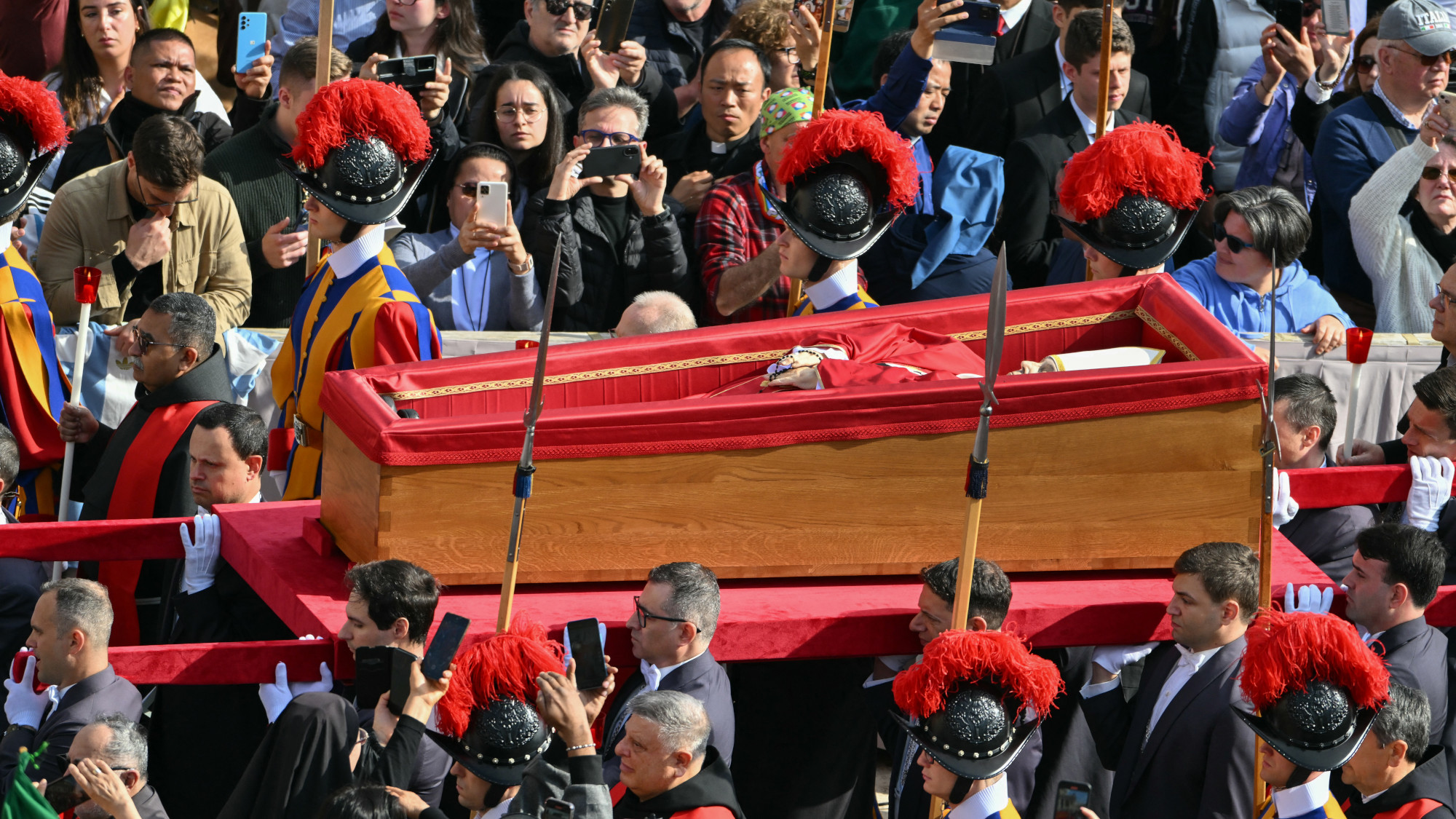
A free daily email with the biggest news stories of the day – and the best features from TheWeek.com
You are now subscribed
Your newsletter sign-up was successful
What happened
Catholics worldwide mourned the death this week of Pope Francis, the first Jesuit to lead the Catholic Church and a strong voice for the marginalized and the dispossessed. Born Jorge Mario Bergoglio in Buenos Aires, he was also the first non-European pope in over a millennium, and he broke from the conservatism of his predecessors to introduce reforms such as allowing priests to bless same-sex unions, restricting the use of the Latin Mass, and inviting women to attend meetings of bishops. Francis, 88, had long suffered from lung problems, and a bout of double pneumonia had him hospitalized for more than five weeks earlier this year. On Easter, the visibly ailing pope gave a brief audience to Vice President JD Vance, a Catholic convert. Vance, a vocal supporter of the mass deportation effort that Francis once called "a disgrace," said the discussion centered on persecuted Christians; the Vatican said it focused on "migrants, refugees, and prisoners." The pope managed to give a brief Easter blessing to the crowd at St. Peter's Basilica but was too weak to deliver the homily, and he died of a stroke the next day.
Tens of thousands of mourners lined up outside the basilica to view his simple zinc-lined coffin, but unlike most popes, Francis will not be buried in the Vatican. True to his lifetime devotion to austerity—he lived in a two-room apartment rather than the luxurious Vatican palace and rode in a Ford Focus instead of a limousine—he requested a modest tomb at Rome's Basilica of Santa Maria Maggiore. Cardinal Kevin Farrell, an Irish-born American citizen, will act as interim head of the church until a papal conclave of cardinals is held to elect a new pope.
What the editorials said
An increasingly turbulent world has lost "a needed voice for peace and human compassion," said the New York Daily News. The Jesuit who once ministered to Buenos Aires slum dwellers, washing their feet, "never let the trappings of the papacy change his worldview." While his condemnations of greed seemed increasingly "against the grain" as society grew "coarser and more ruthlessly individualistic" over his 12-year papacy, he was steadfast in his devotion to the poor and the outcasts. His "many humane gestures" are laudable, said National Review, but a full accounting of his papacy "requires clarity and truth." Francis had a bad habit of "often needlessly characterizing orthodox Christian belief as an enemy of charity." And though he would eventually "dramatically and abjectly apologize" for the church's role in covering up the epidemic of child abuse among priests, he spent years turning a blind eye to the misdeeds of church leaders who were close to him.
The Week
Escape your echo chamber. Get the facts behind the news, plus analysis from multiple perspectives.

Sign up for The Week's Free Newsletters
From our morning news briefing to a weekly Good News Newsletter, get the best of The Week delivered directly to your inbox.
From our morning news briefing to a weekly Good News Newsletter, get the best of The Week delivered directly to your inbox.
What the columnists said
Francis' liberalism had limits, said Joseph Shaw in First Things. His statements on divorce and same-sex unions "stopped just short" of full acceptance. His appointments of women to high positions in the Vatican and elsewhere did not satisfy feminists' demand for female priests. And on abortion, his statements of compassion for women did not soften the Catholic Church's staunch opposition to abortion. At times, his gestures at compromise often "seemed to open rather than paper over" ideological rifts among Catholics.
Yet he put his stamp on the future of the church, said Gaya Gupta in The Washington Post. He appointed 108 of the 135 cardinals who are eligible to vote for his successor, and they are the most diverse bunch in history, with a majority coming from outside Europe. Still, these men will not necessarily "look for a carbon copy" of the late pontiff. Top candidates for the next pope include liberals such as Cardinal Luis Tagle of the Philippines, but also the deeply conservative Hungarian Archbishop Peter Erdo, who has "opposed allowing divorced and remarried Catholics to receive Communion" and equated accepting migrant arrivals with human trafficking. Vatican Secretary of State Pietro Parolin, Francis' top deputy, falls somewhere in between.
Papal conclaves routinely "defy the prophecies of even the most seasoned Vatican watchers," said Eric Bazail-Eimil in Politico. Francis himself wasn't on the short list of most observers when he was chosen in 2013. At a time when so much is at stake for the future of a faith beset by scandal, "no ideological faction of the church is at ease." The Catholic Church, with its more than 1 billion adherents, "now stands at a crossroads of Francis' construction."
A free daily email with the biggest news stories of the day – and the best features from TheWeek.com
-
 6 of the world’s most accessible destinations
6 of the world’s most accessible destinationsThe Week Recommends Experience all of Berlin, Singapore and Sydney
-
 How the FCC’s ‘equal time’ rule works
How the FCC’s ‘equal time’ rule worksIn the Spotlight The law is at the heart of the Colbert-CBS conflict
-
 What is the endgame in the DHS shutdown?
What is the endgame in the DHS shutdown?Today’s Big Question Democrats want to rein in ICE’s immigration crackdown
-
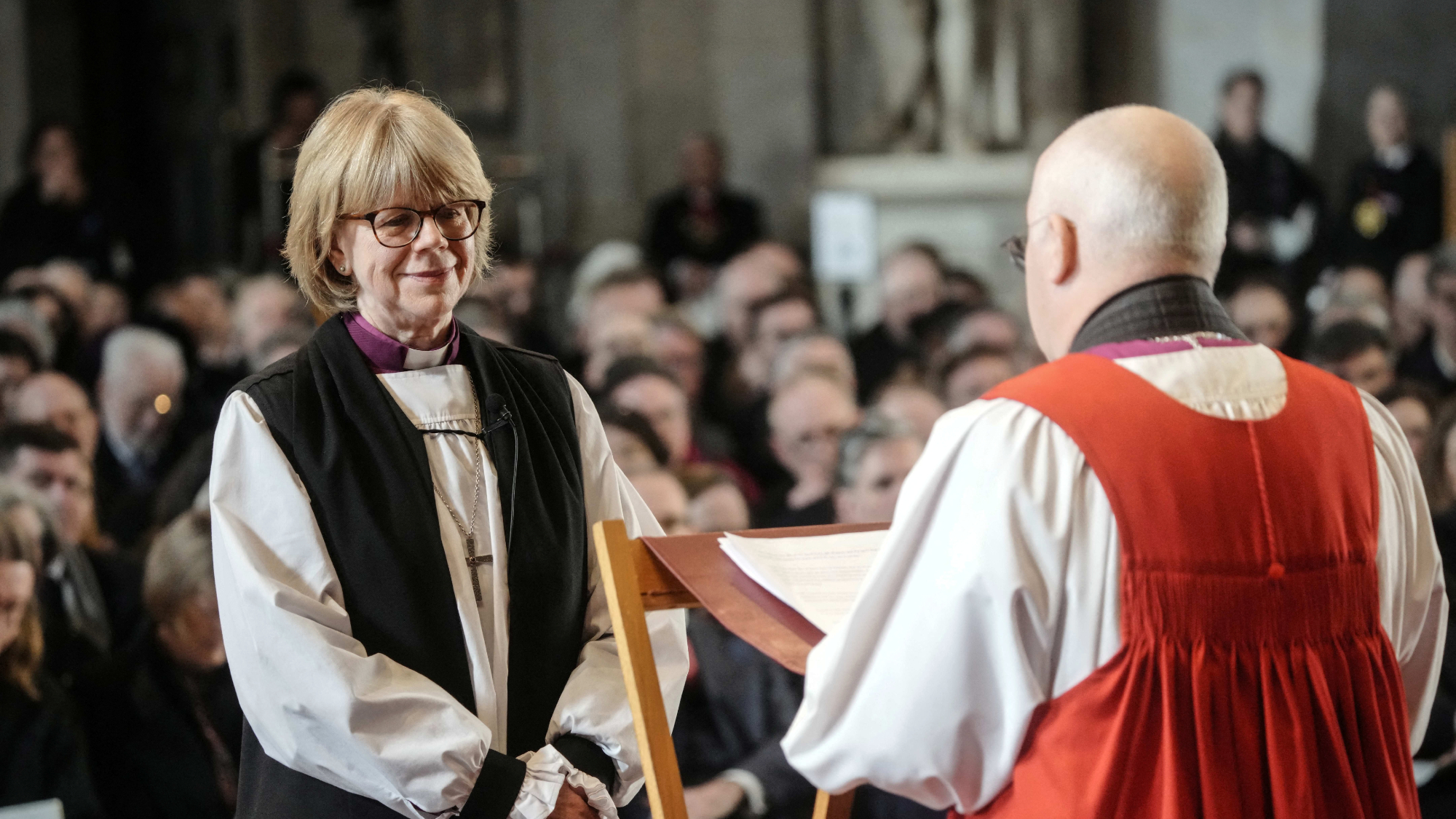 Church of England instates first woman leader
Church of England instates first woman leaderSpeed Read Sarah Mullally became the 106th Archbishop of Canterbury
-
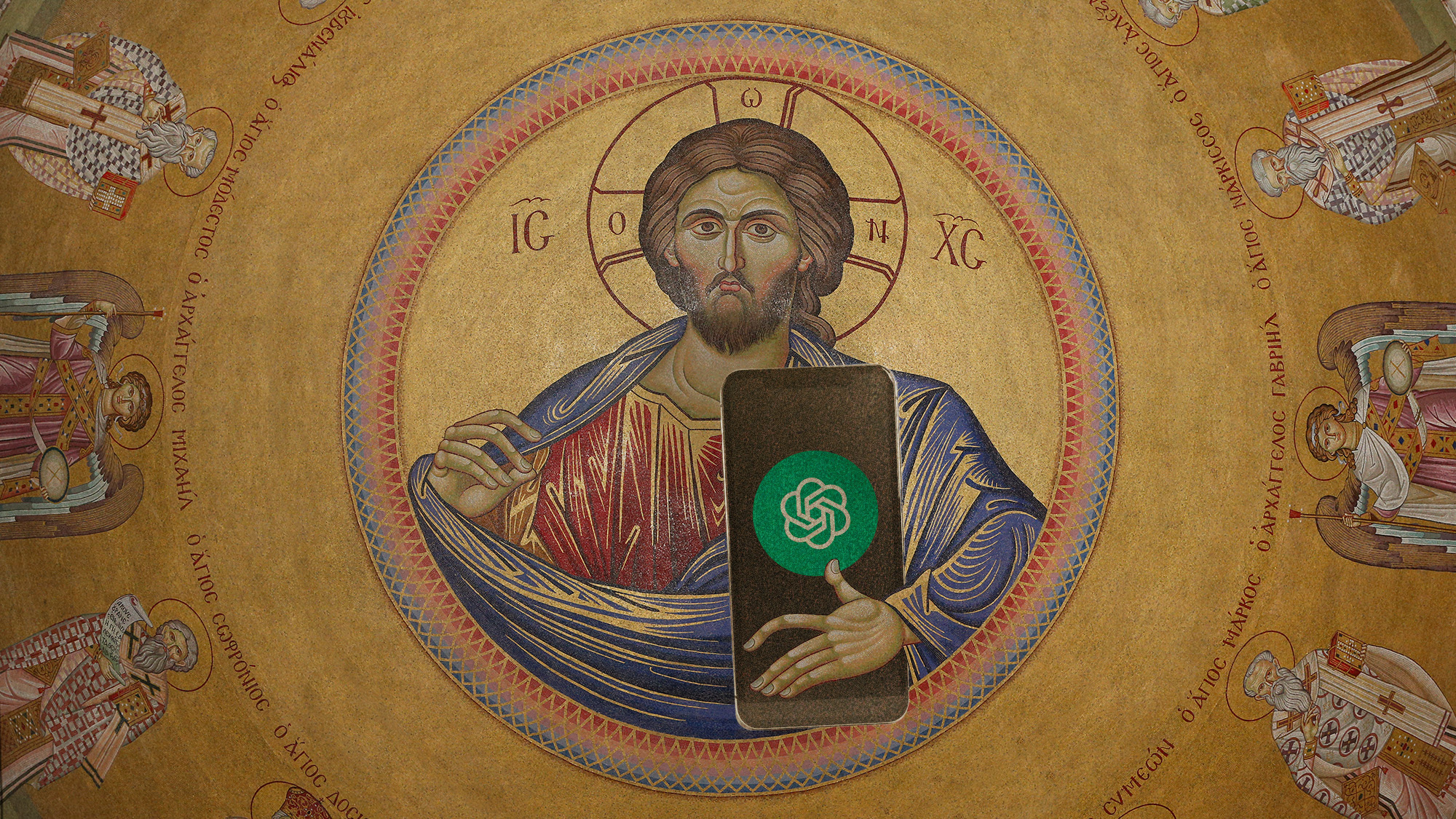 God is now just one text away because of AI
God is now just one text away because of AIUnder the radar People can talk to a higher power through AI chatbots
-
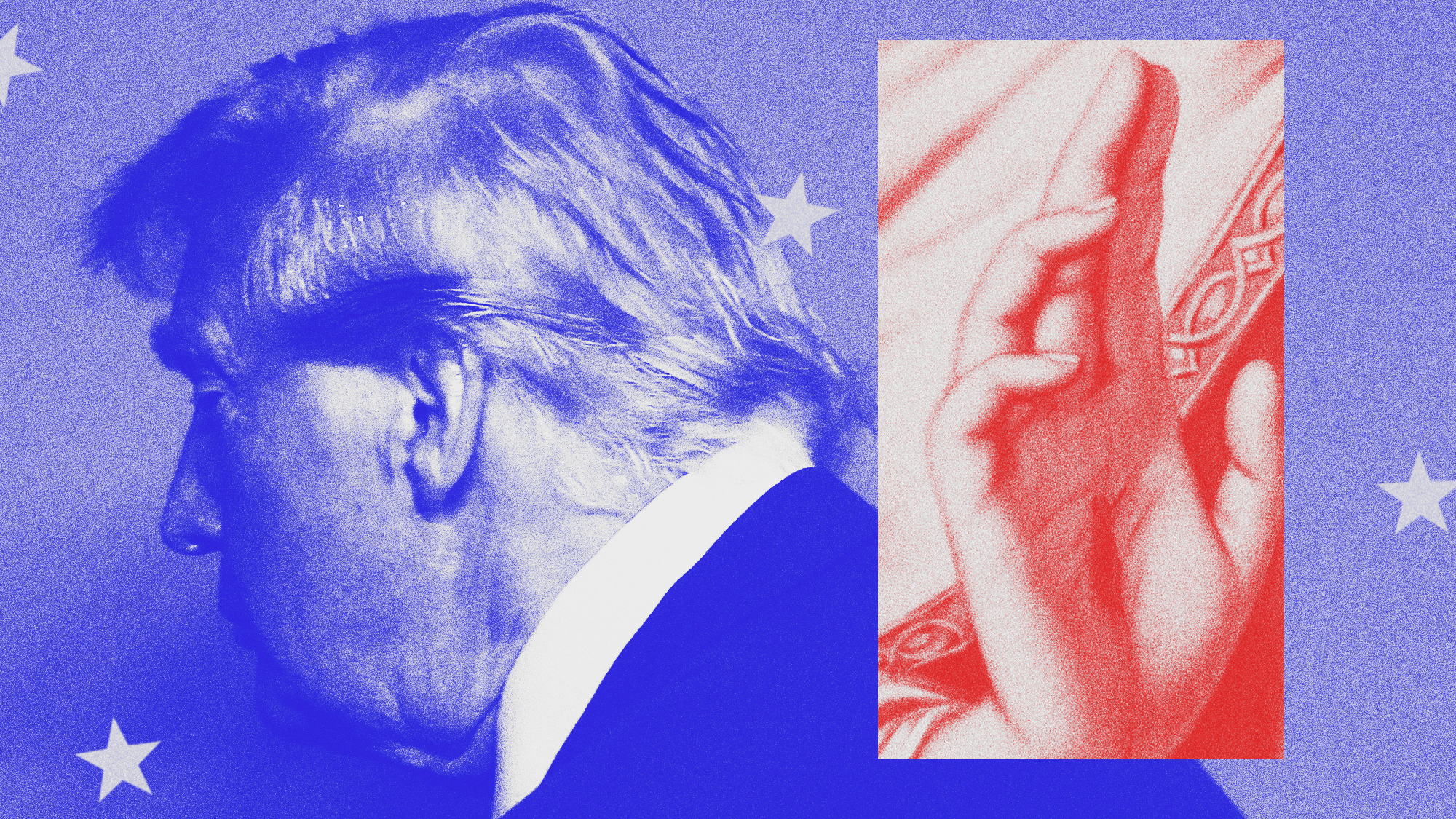 Is the Catholic Church taking on Trump?
Is the Catholic Church taking on Trump?Today's Big Question Pope calls for ‘deep reflection’ on immigration
-
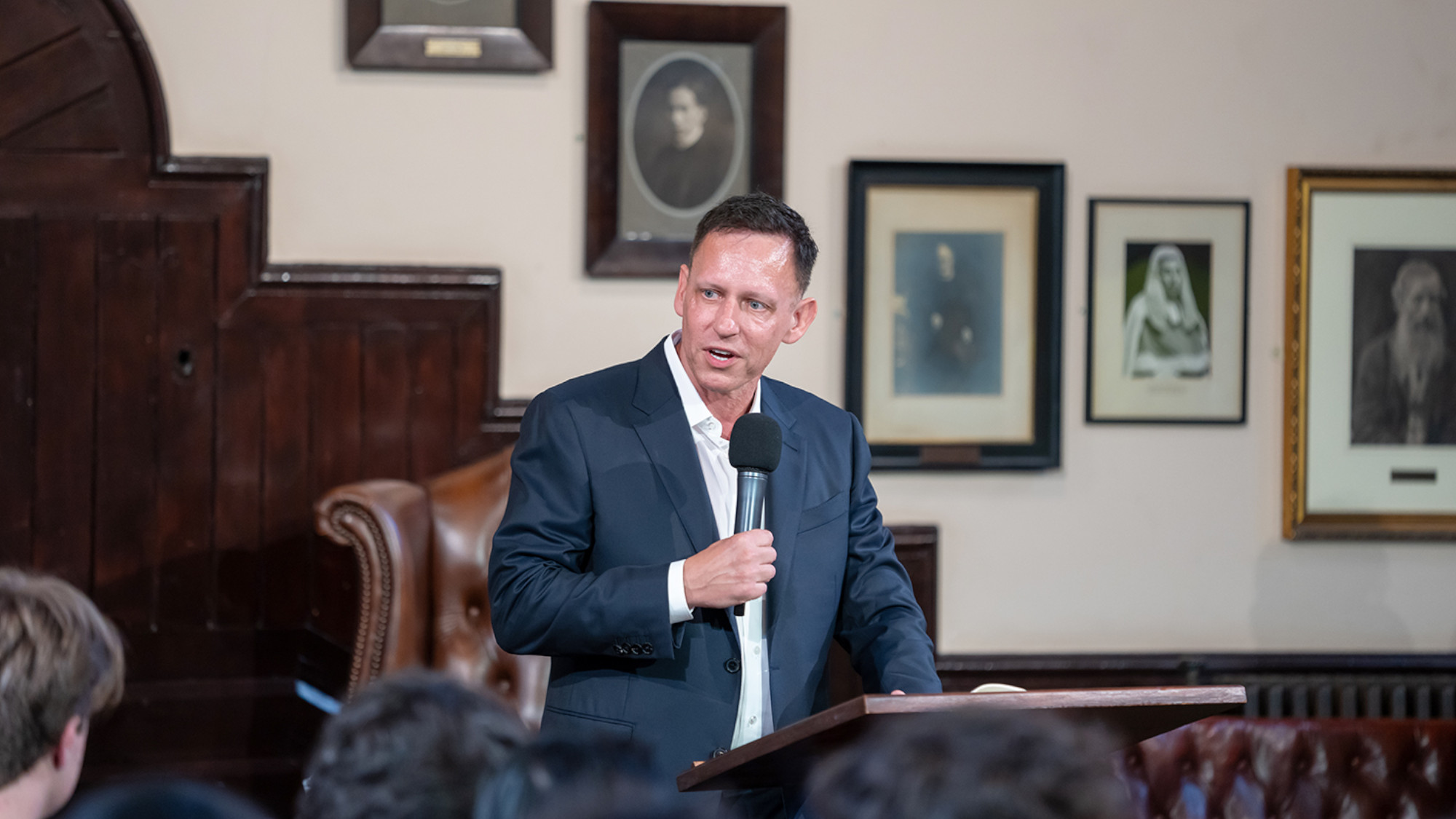 Religion: Thiel’s ‘Antichrist’ obsession
Religion: Thiel’s ‘Antichrist’ obsessionFeature Peter Thiel’s new lectures cast critics of tech and AI as “legionnaires of the Antichrist”
-
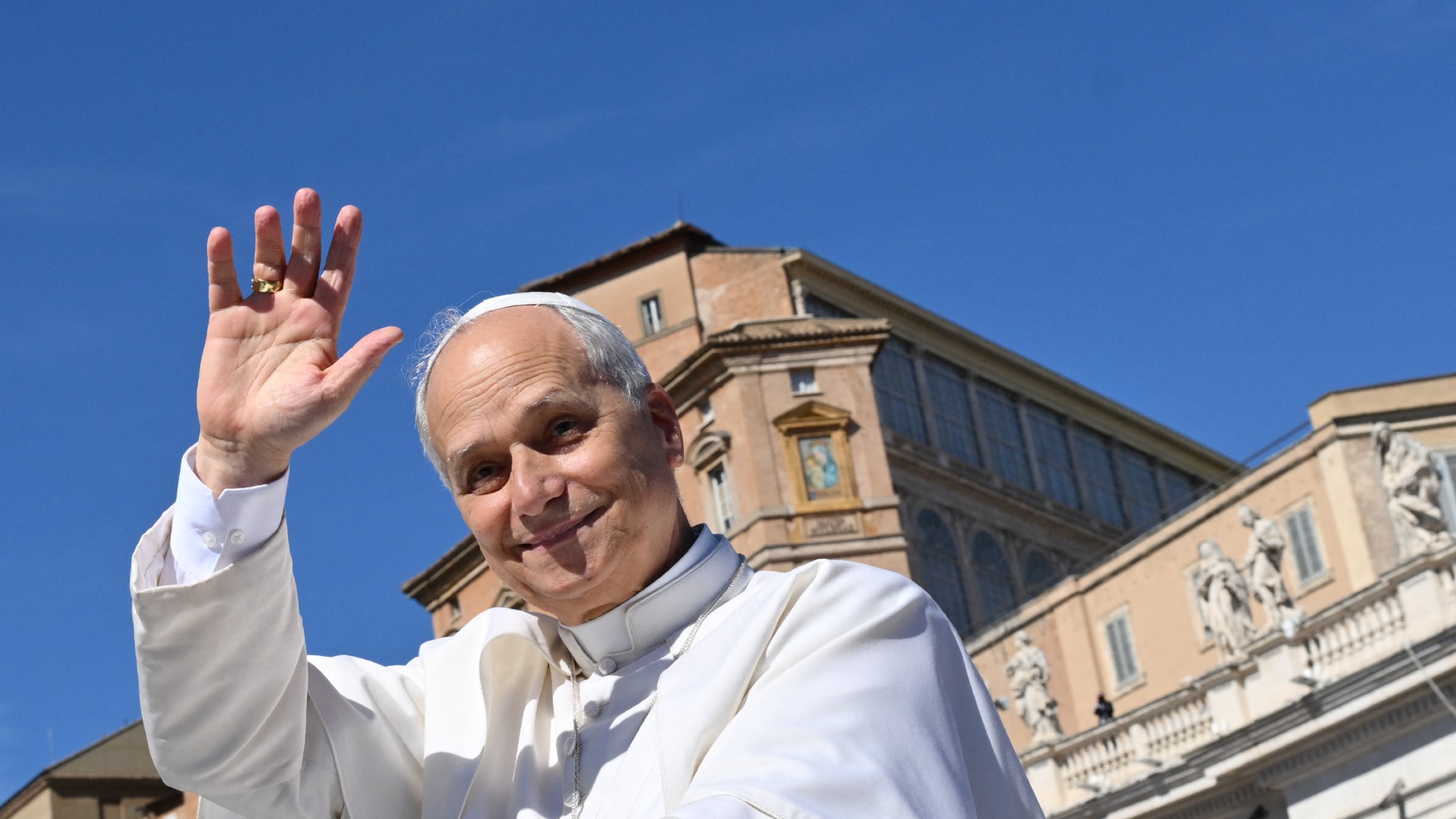 Pope Leo wants to change the Vatican’s murky finances
Pope Leo wants to change the Vatican’s murky financesThe Explainer Leo has been working to change some decisions made by his predecessor
-
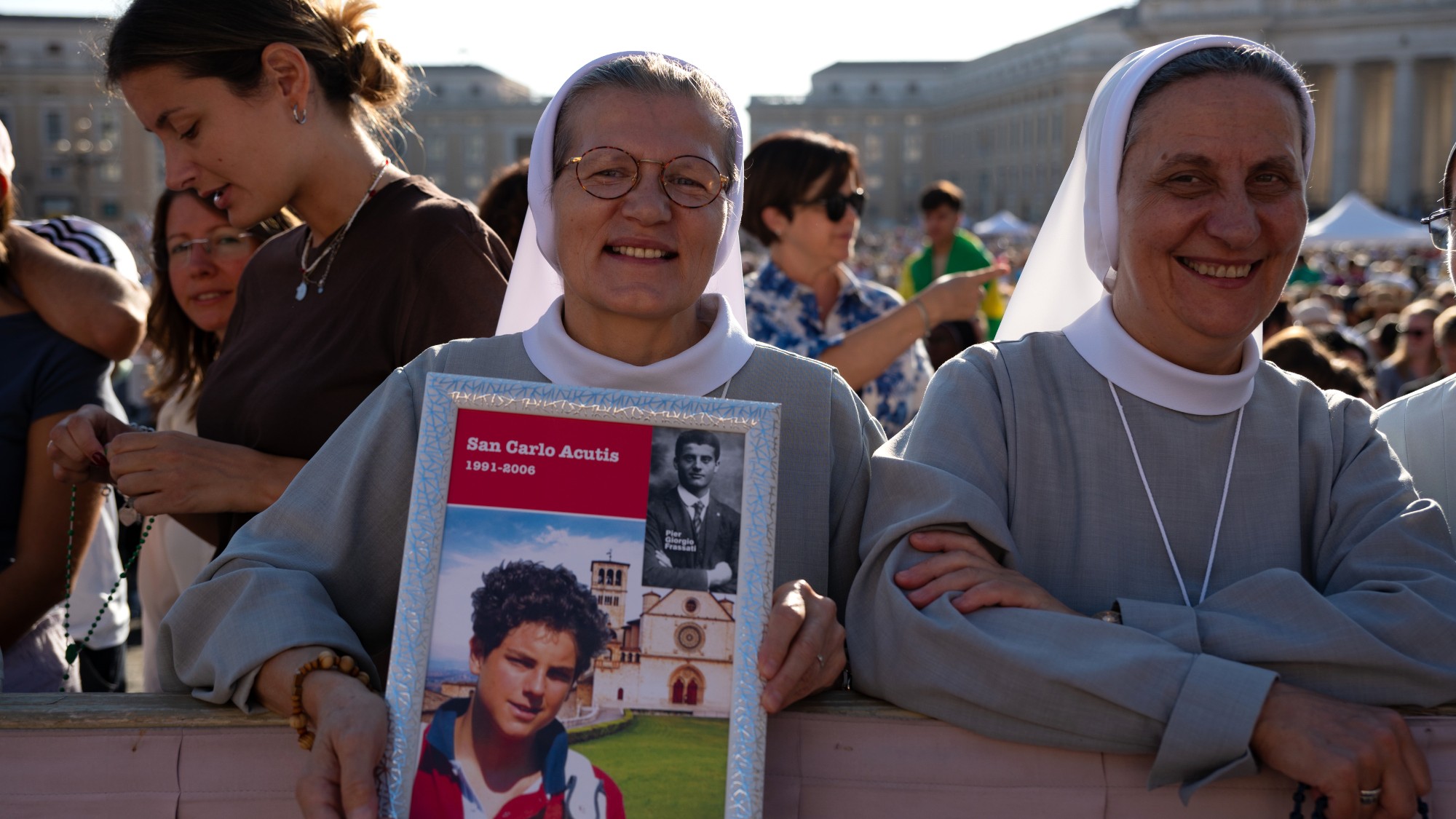 Pope Leo canonizes first millennial saint
Pope Leo canonizes first millennial saintSpeed Read Two young Italians, Carlo Acutis and Pier Giorgio Frassati, were elevated to sainthood
-
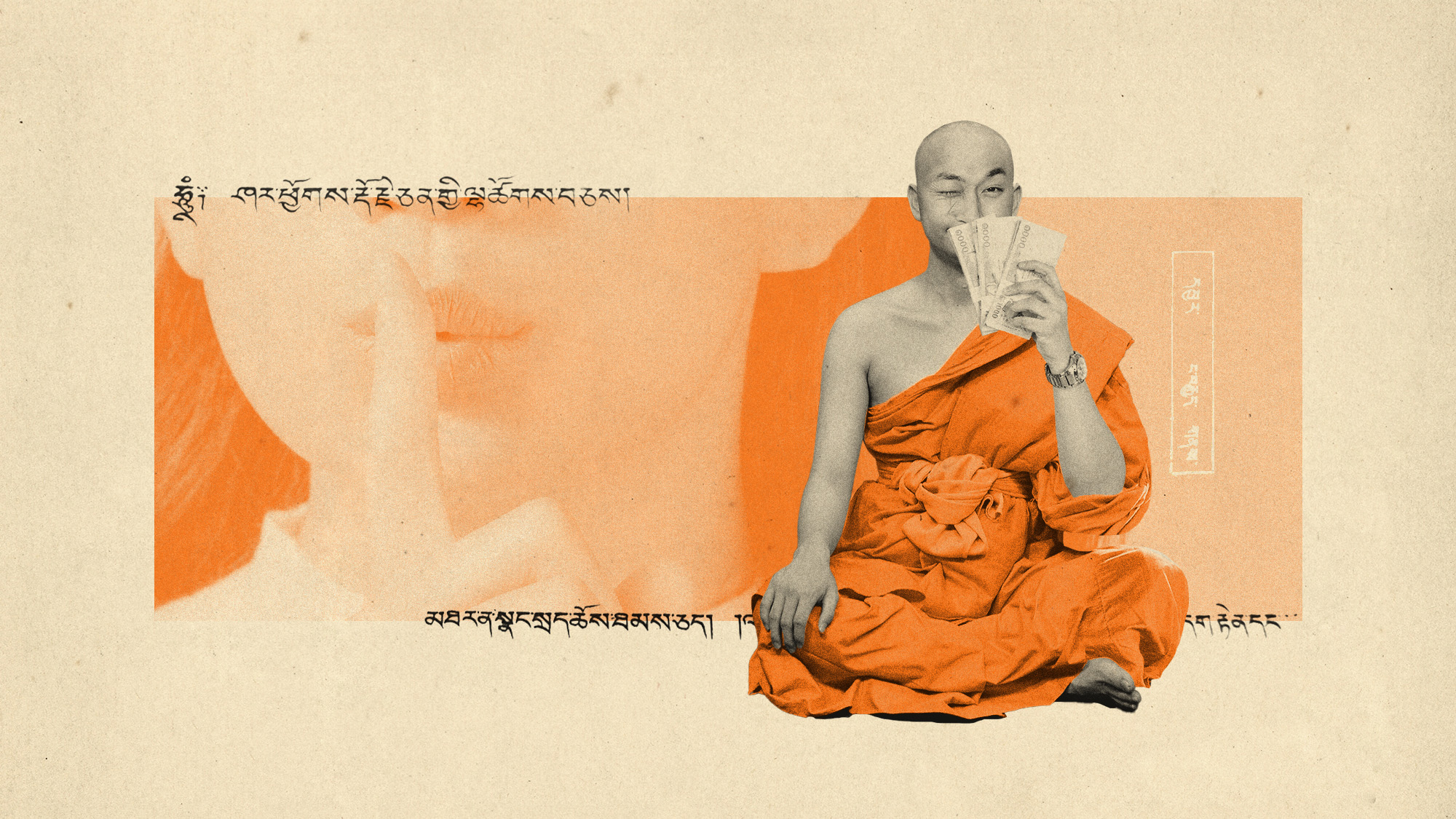 Thailand's monk sex scandal
Thailand's monk sex scandalIn The Spotlight New accusations involving illicit sex and blackmail have shaken the nation and opened a debate on the privileges monks enjoy
-
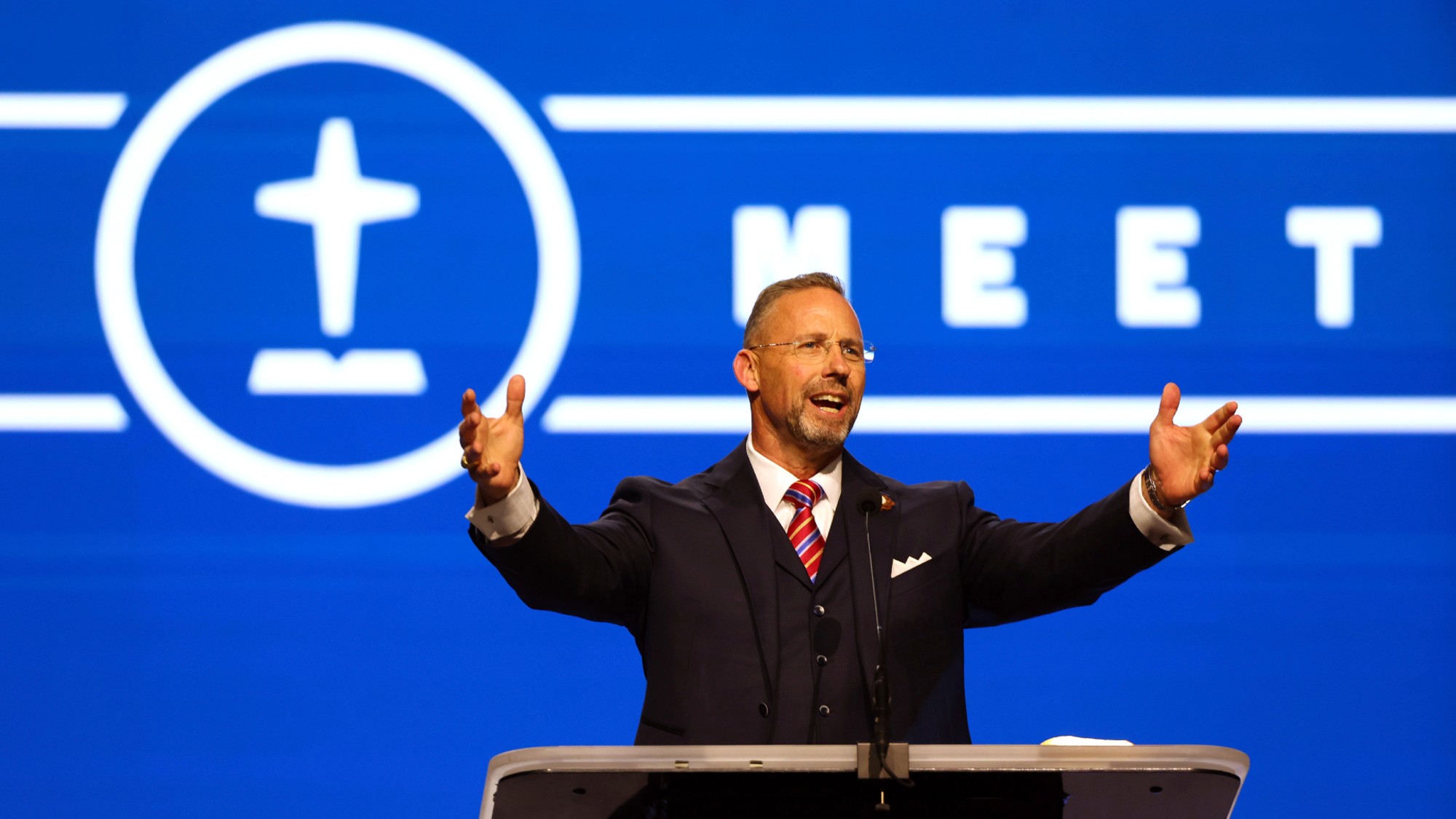 Southern Baptists lay out their political road map
Southern Baptists lay out their political road mapThe Explainer The Southern Baptist Convention held major votes on same-sex marriage, pornography and more